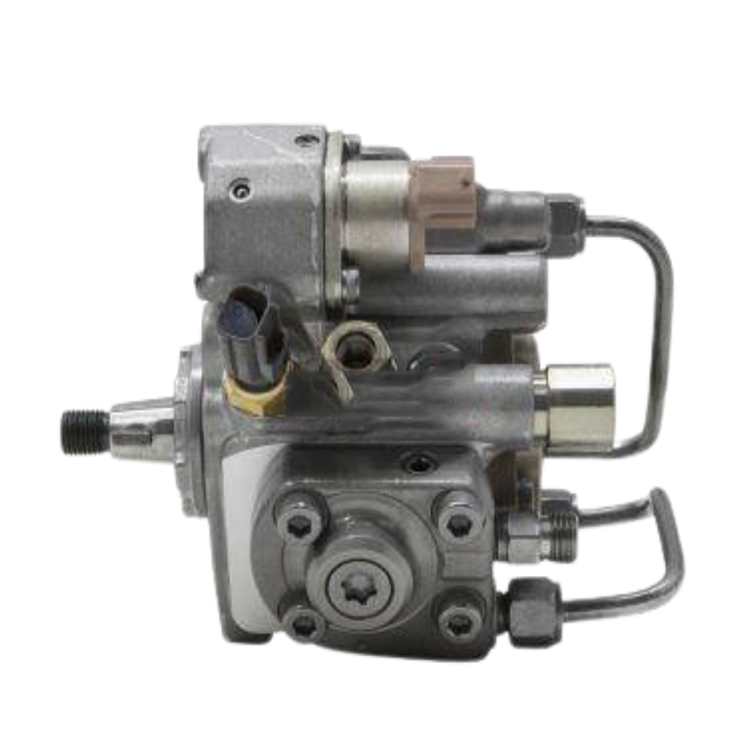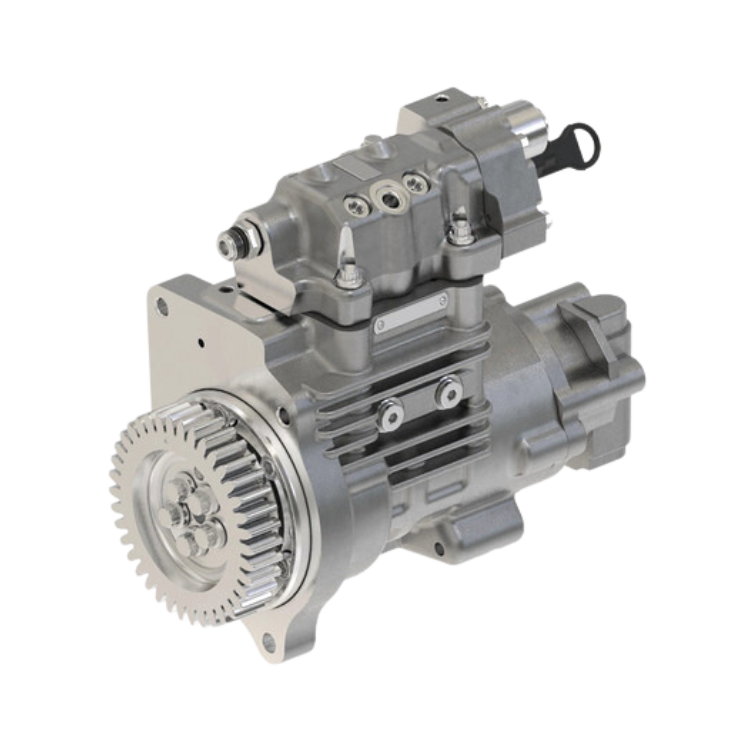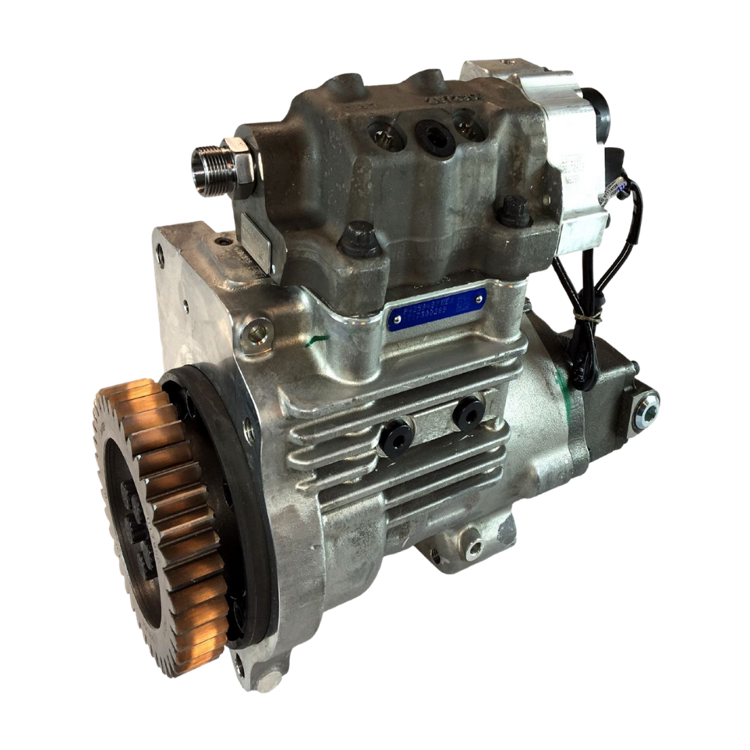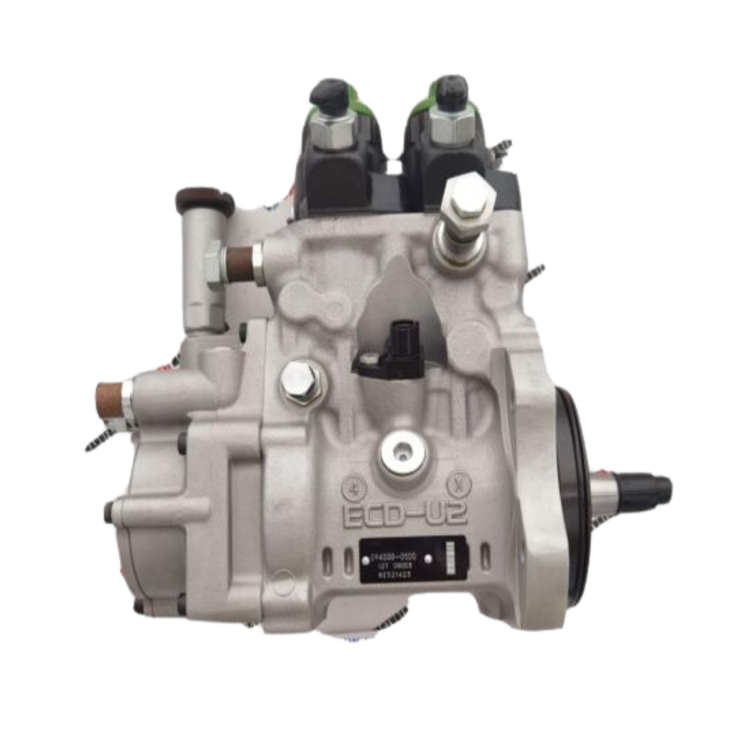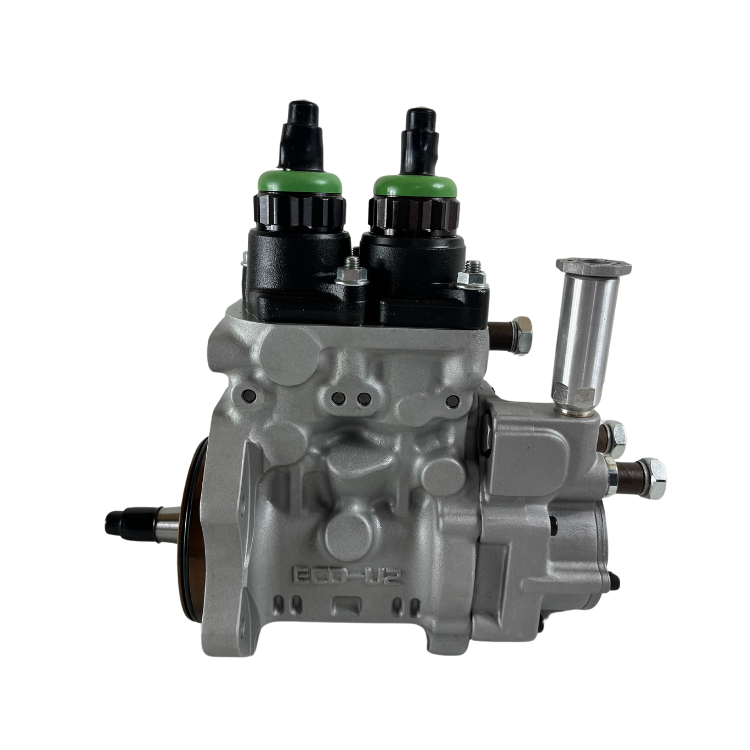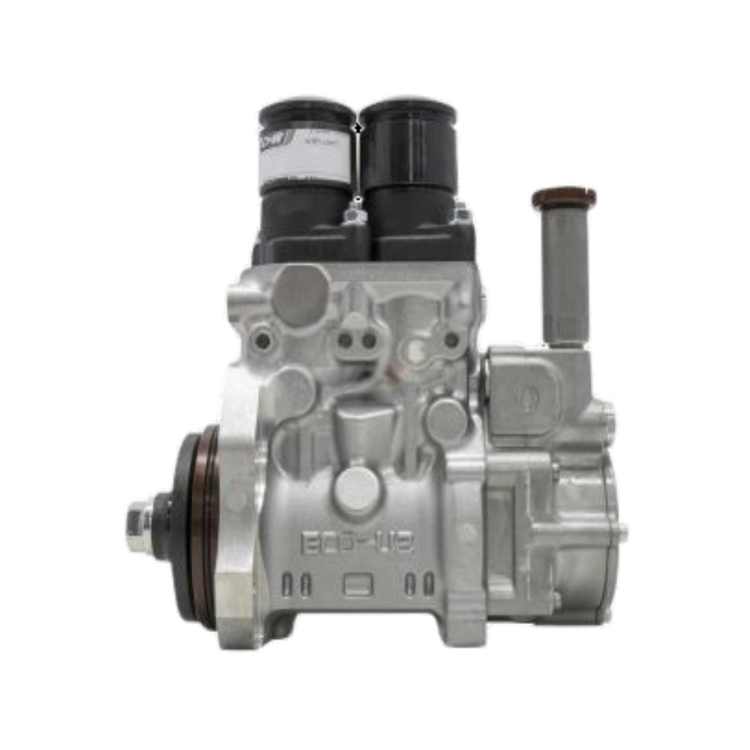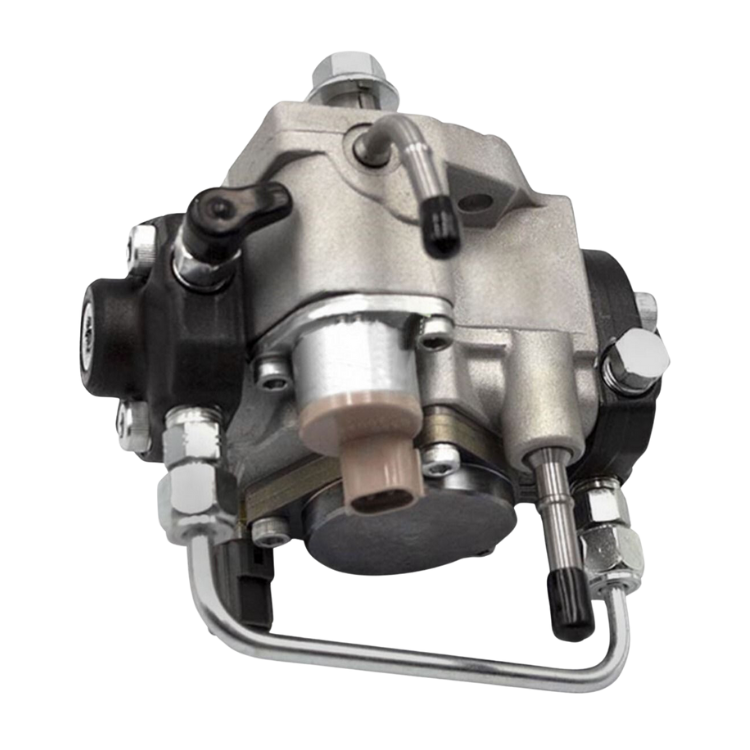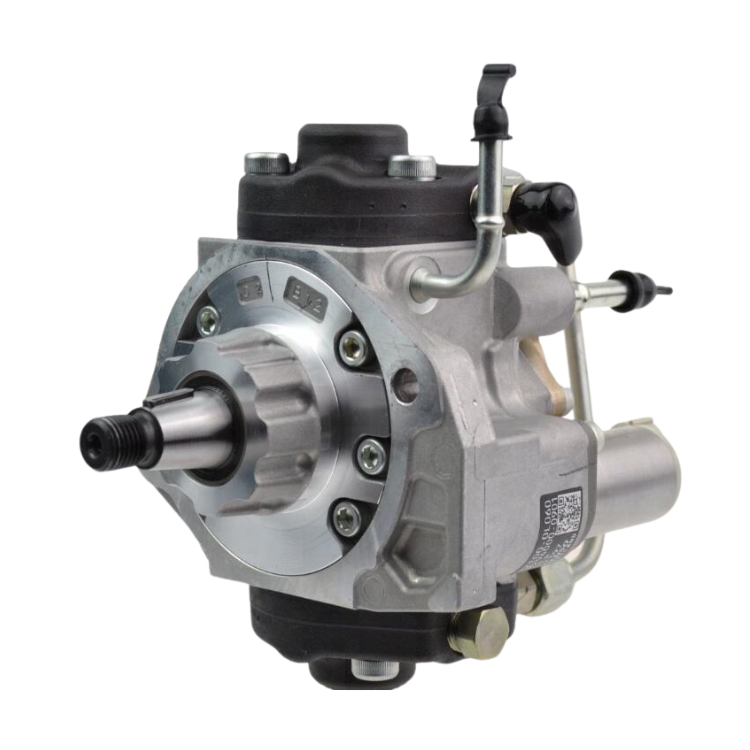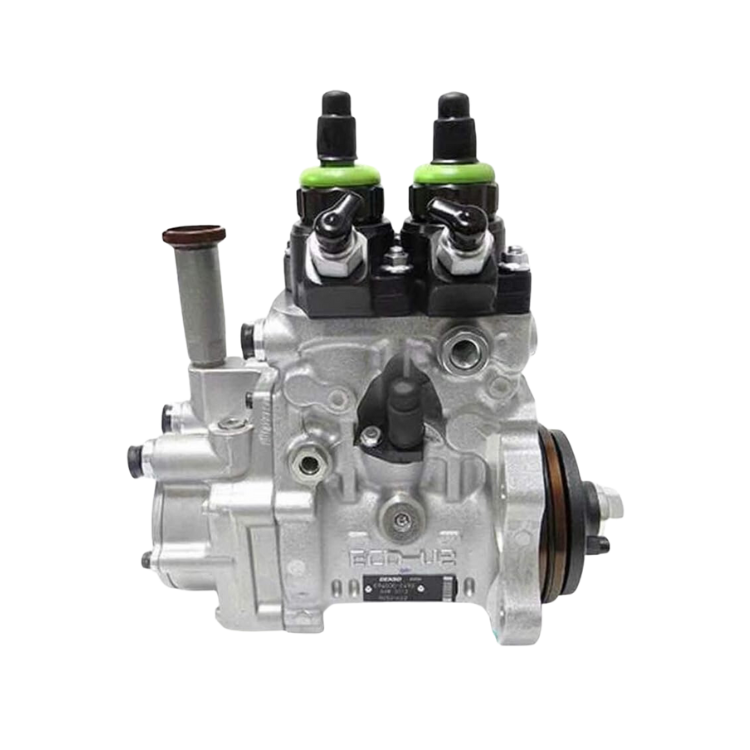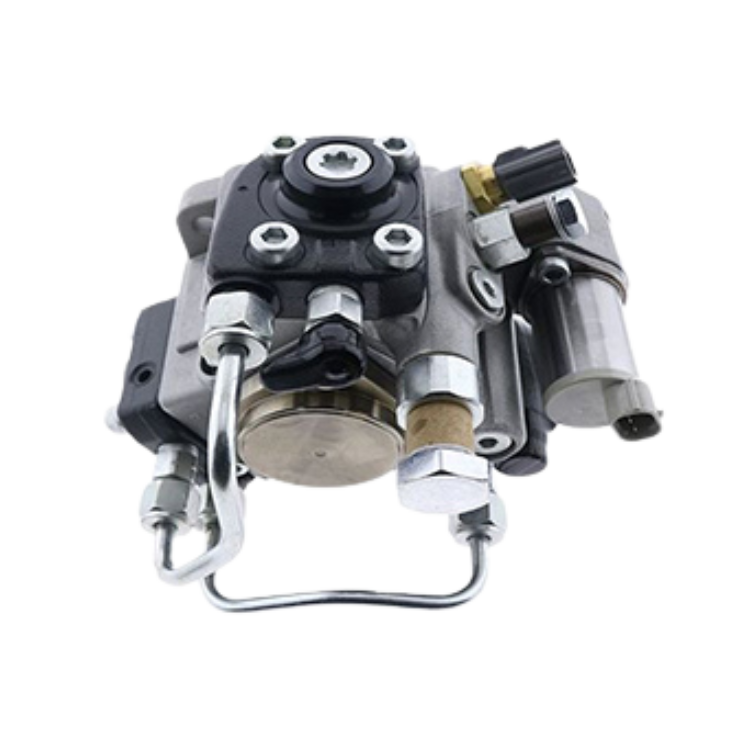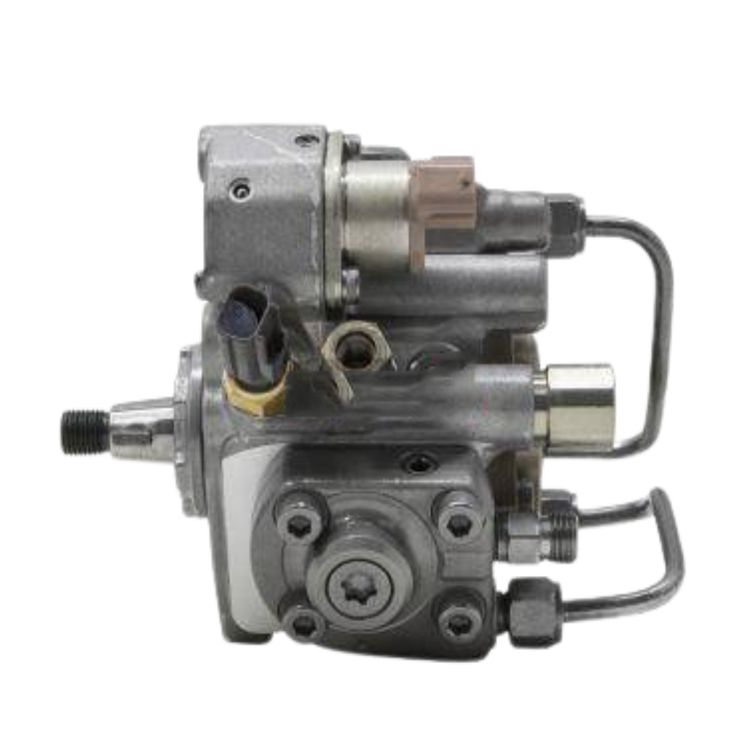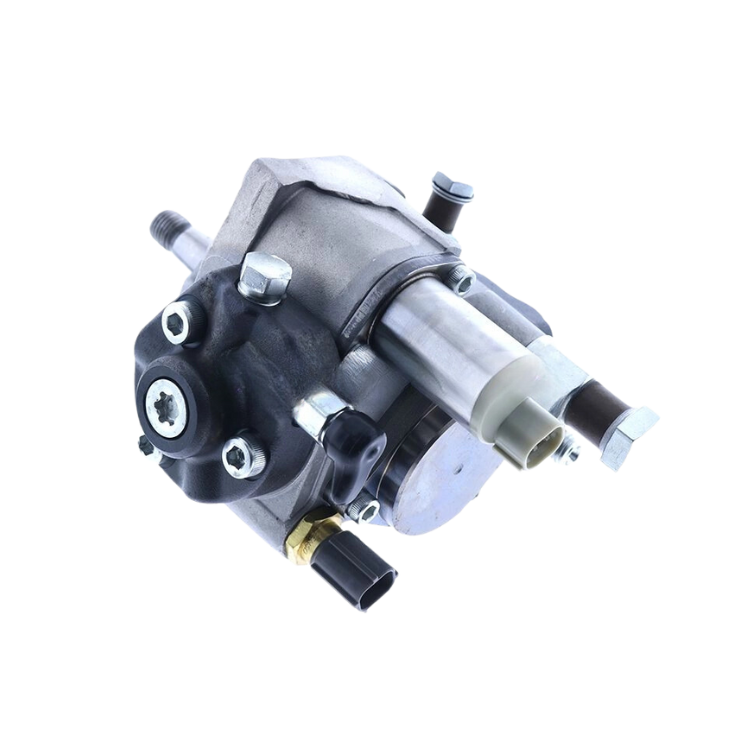A high-pressure fuel pump is essential for maintaining the proper fuel pressure required by your vehicle's engine. When this critical component starts to fail, it can lead to significant performance issues and potential damage to your vehicle. While you might be tempted to continue driving with a failing high-pressure fuel pump, doing so can lead to more severe problems. In this blog, we’ll discuss the risks associated with driving with a malfunctioning high-pressure fuel pump and why it's important to address the issue promptly.
-
Decreased Engine Performance
-
One of the first signs of a failing high-pressure fuel pump is a noticeable drop in engine performance. You may experience a lack of power, sluggish acceleration, or stalling, especially under heavy load or high-speed conditions.
-
-
Difficulty Starting the Engine
-
If your high-pressure fuel pump is failing, starting the engine might become increasingly difficult. You may need to crank the engine longer than usual or experience intermittent starting issues.
-
-
Engine Misfires
-
A malfunctioning high-pressure fuel pump can cause engine misfires. This happens when the engine doesn’t receive the correct amount of fuel, leading to rough idling, shaking, or hesitation during acceleration.
-
-
Reduced Fuel Efficiency
-
A failing fuel pump can disrupt the fuel flow, leading to decreased fuel efficiency. You may notice a sudden drop in miles per gallon (MPG) and find yourself refueling more frequently.
-
-
Overheating Engine
-
In severe cases, a failing high-pressure fuel pump can cause the engine to overheat. Inadequate fuel flow can lead to poor combustion and excessive heat, potentially causing damage to engine components.
-
-
Warning Lights
-
Modern vehicles are equipped with diagnostic systems that can detect fuel pump issues. If the high-pressure fuel pump begins to fail, you might see warning lights on the dashboard, such as the check engine light or fuel system warning.
-
Driving with a failing high-pressure fuel pump poses several risks, including decreased engine performance, starting issues, and reduced fuel efficiency. Ignoring these symptoms can lead to more significant engine damage and costly repairs. If you notice any signs of a failing fuel pump, it's crucial to address the problem as soon as possible to ensure the continued reliability and safety of your vehicle. Regular maintenance and timely repairs can help keep your high-pressure fuel pump functioning optimally and avoid potential breakdowns.






